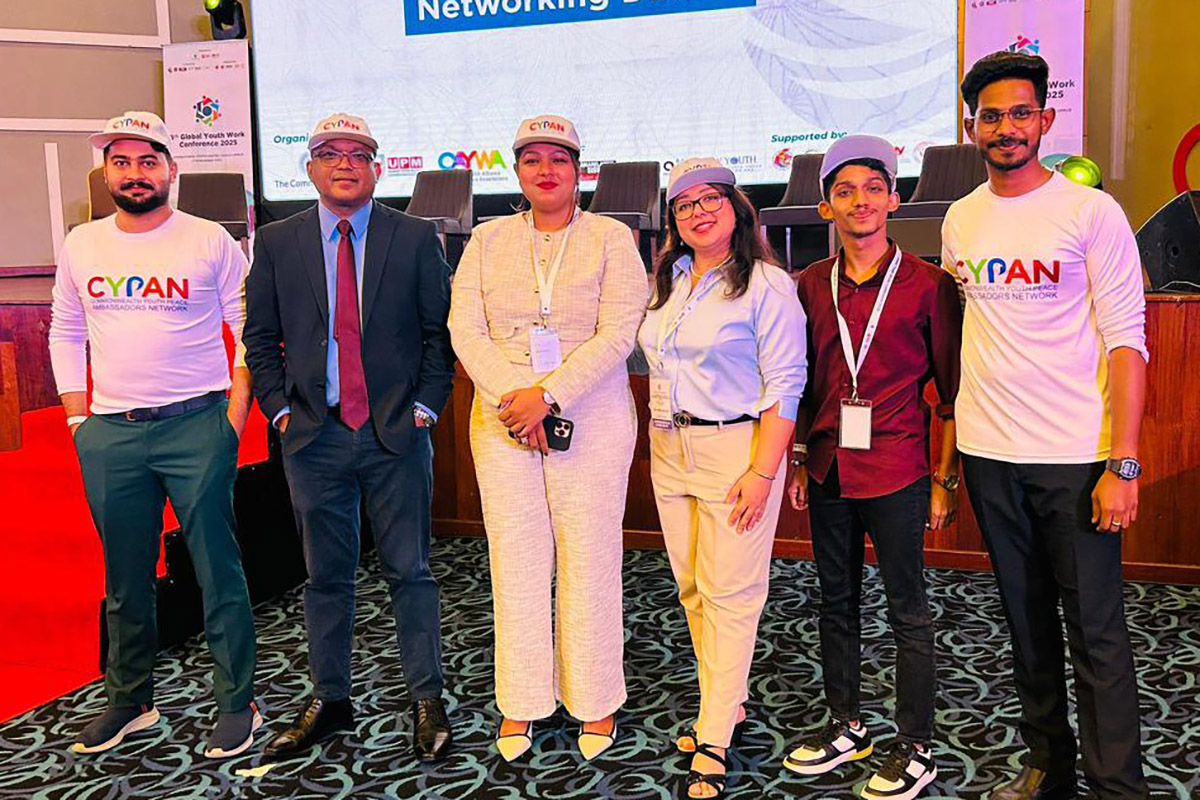Commonwealth correspondents’ role in ‘Delivering a Common Future”
February 23A blog by Alvin Ma
“A platform for the voices of young people to be heard” is the opening line on our website’s about us page. Having contributed to YourCommonwealth for the past eight years, I want to share my perspective on facilitating understanding, particularly in response to recent international headlines on the COVID-19 pandemic and the transition of power in the United States.
The theme of the 2021 Commonwealth Heads of Government Meeting is “Delivering a Common Future: Connecting, Innovating, Transforming”. Despite the conference’s postponement due to the COVID-19 pandemic, we have seen creativity in developing and maintaining connections, rapid innovations of vaccine development, and transformation in how we value essential frontline workers. However, for millions of people struck by the tragedy of losing loved ones or facing unemployment and income reduction, it may be difficult to see the light at the end of the tunnel.
As Commonwealth correspondents, it is our duty to try to understand and to help articulate these different perspectives. We may not always be able to unpack the deep complexities of every issue, but we need to make the effort to comprehend how and why certain people think the way they do – even if we do not agree with them and even when we have strong contrary opinions and are struggling to be nuanced.
A good example of how difficult it is to be “objective” could be found in the Associated Press’ article on the importance of the terminology used to describe the Capitol incident. “Words matter”, the article declares in its headline. I think the author has a valid point. Words can intentionally or even accidentally communicate an interpretation of an event and create a perspective or ideology.
Many observers categorize the incident as a “riot” or “insurrection” occurring immediately after a speech by President Donald Trump and refute his unfounded claims regarding massive voter fraud. Major social media platforms such as Twitter and Facebook restricted the former president’s ability to communicate, triggering discussions about the power of big technology companies and the challenge of controlling hate speech and disinformation.
Based on images of rioters holding the Confederate battle flag (widely interpreted as a symbol of white supremacy), it might be tempting to characterise the 74 million+ Americans who voted for the Republican presidential candidate as enablers of a hateful, racist ideology. However, politics is complex. Based on polls from 2019, the majority of Kenyans and Nigerians surveyed expressed confidence in the outgoing president and in the United States to “do the right thing” concerning foreign policy.
Although I personally favour a progressive agenda with multilateral global citizenship rather than nationalist populism, as mentioned in my article about America four years ago, it is important to listen and to keep our minds open to those who think differently. In my experiences, from my studies in political science, to my involvement in sport for development and peace initiatives, to my attendance at major conferences, I have learnt that people share far more similarities than differences – and that these differences can be turned into strengths.
It is important to clarify that understanding does not mean condoning or refusing to condemn dangerous extremism. Rather, understanding and being willing to listen to different perspectives allow us to nurture trust, command respect and facilitate a mode of communication that demonstrates, by example, peace and cohesion instead of hatred and division.
At the bottom of the ‘about us’ page and many other articles on our website, it says that “articles are published in a spirit of dialogue, respect and understanding”. Six years after calling on fellow correspondents to serve as idealistic global ambassadors, I remain hopeful that we can work together to deliver a common future.




